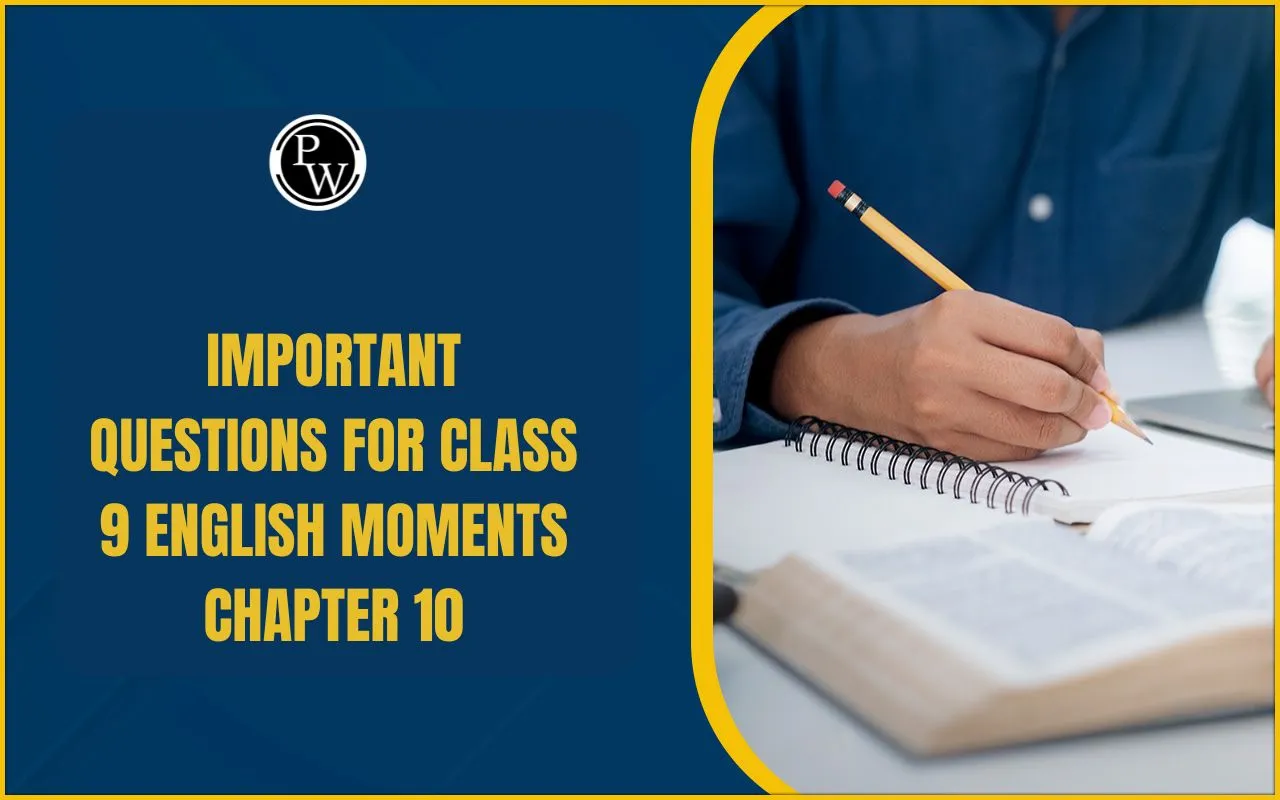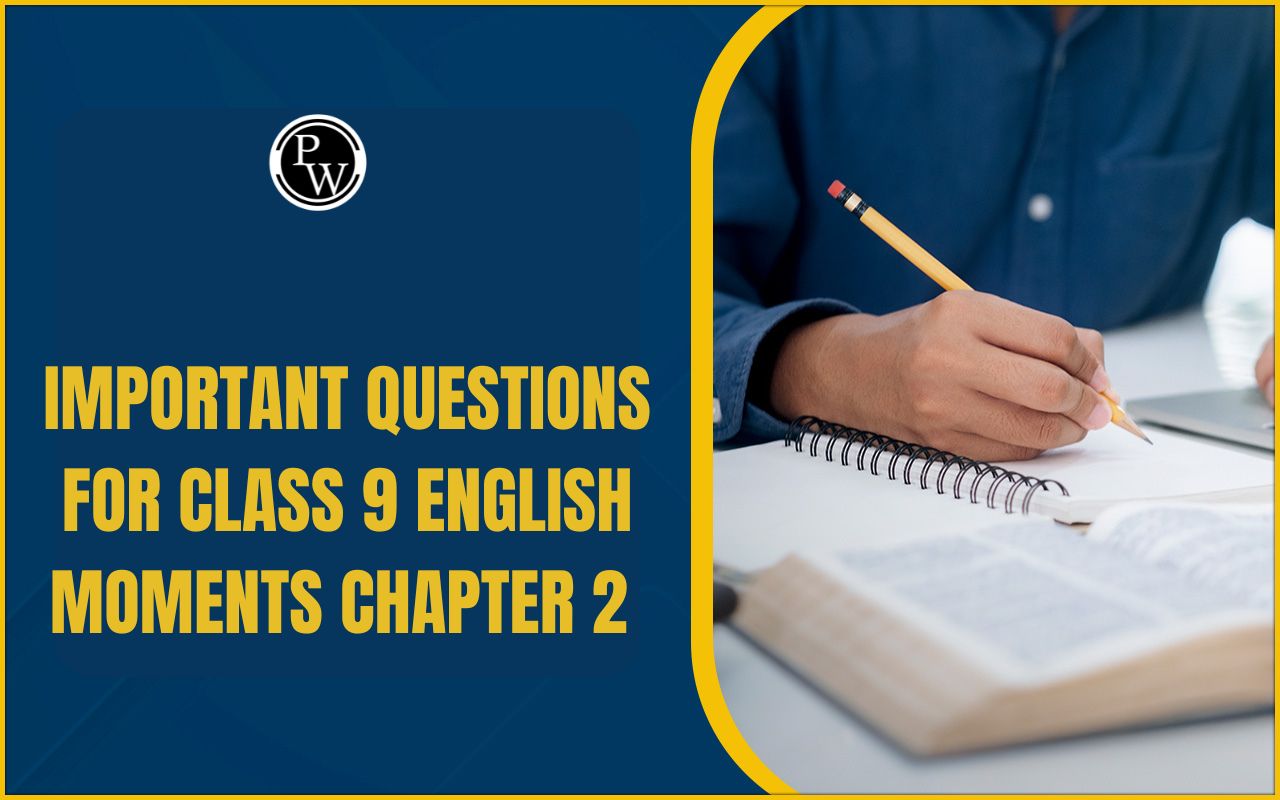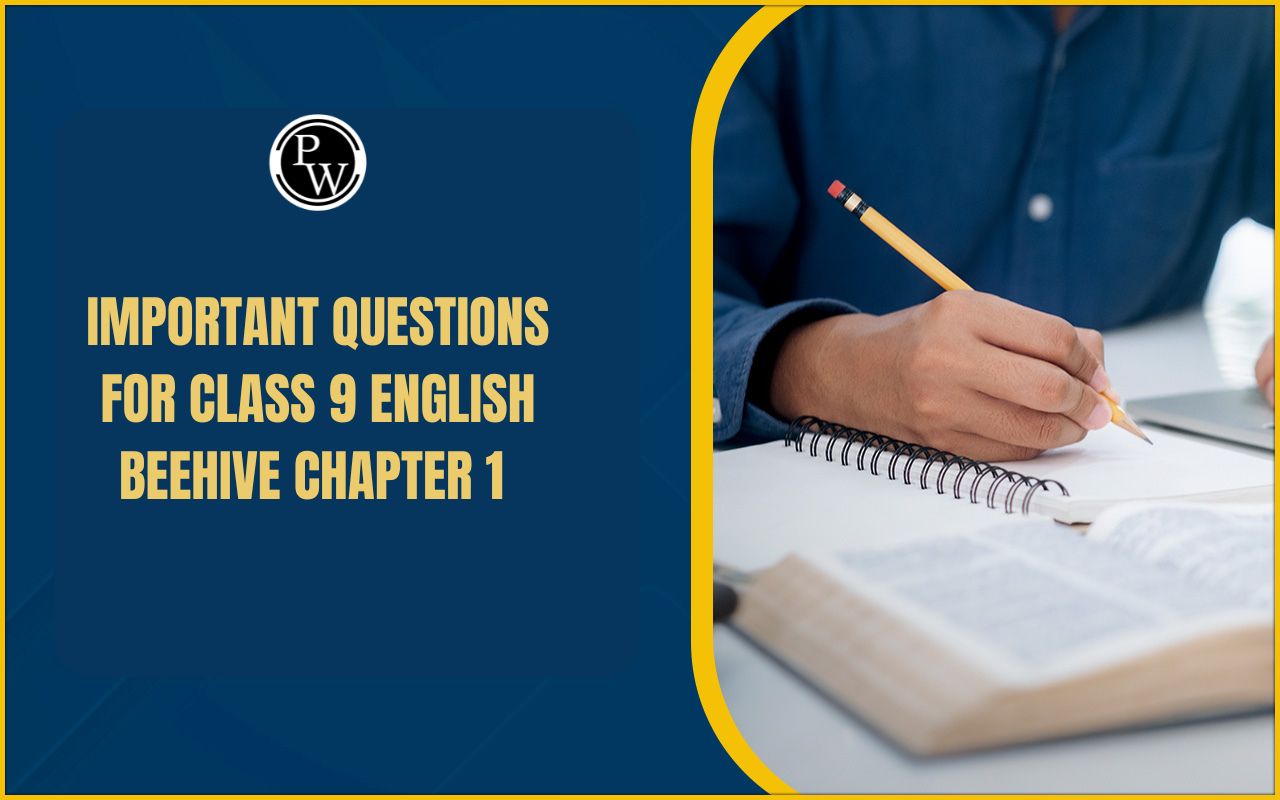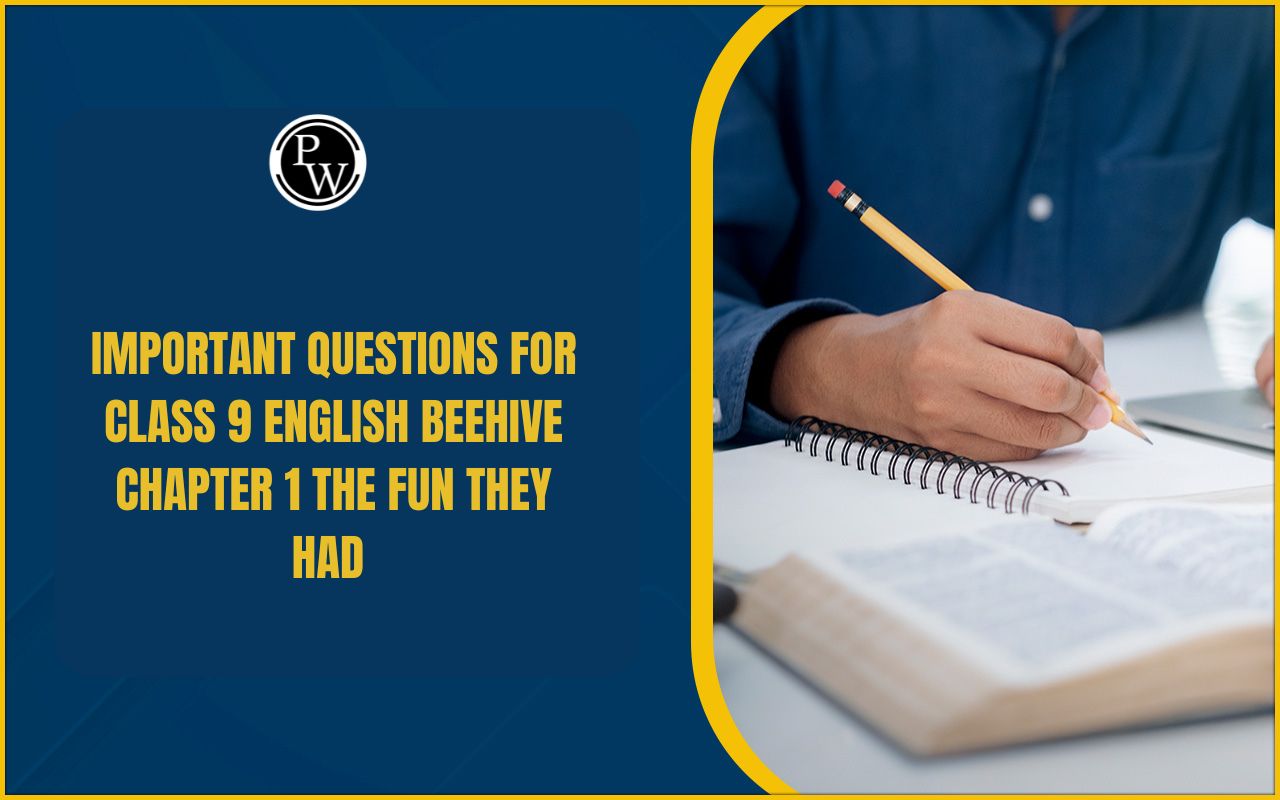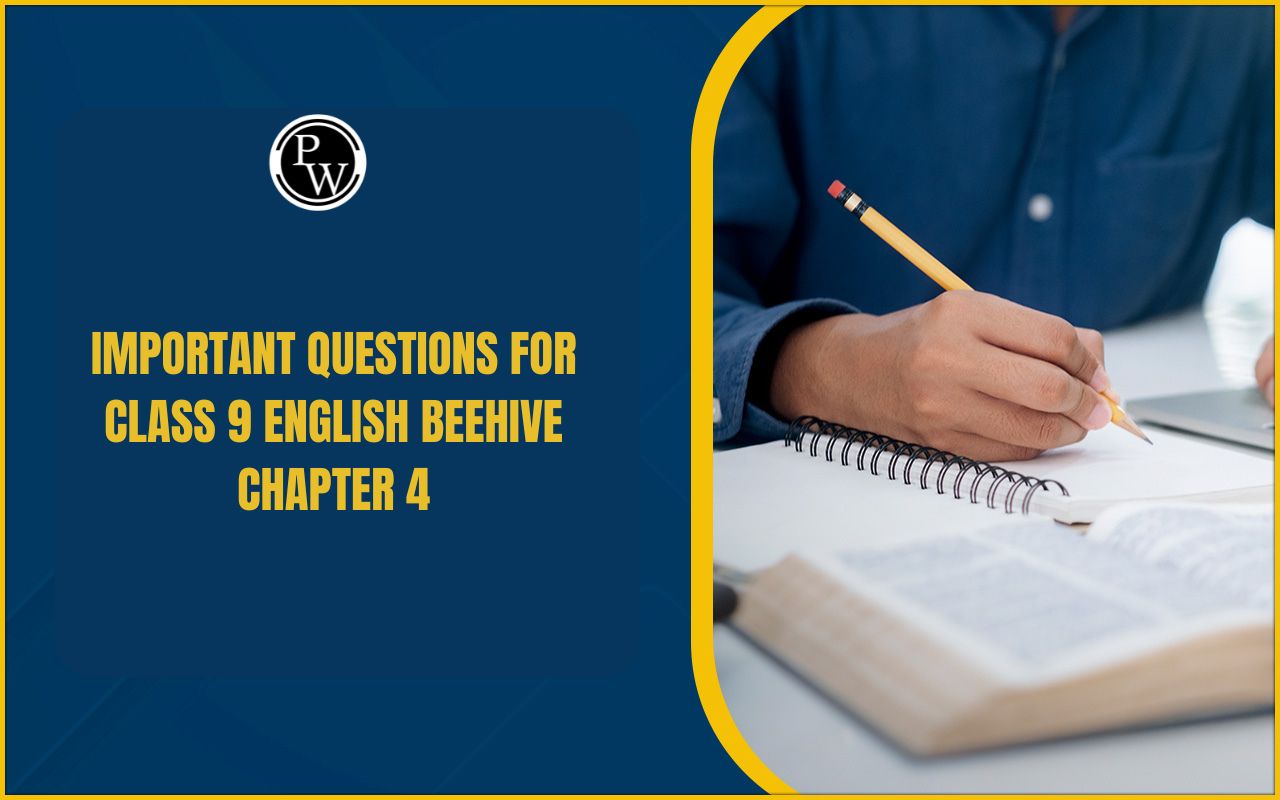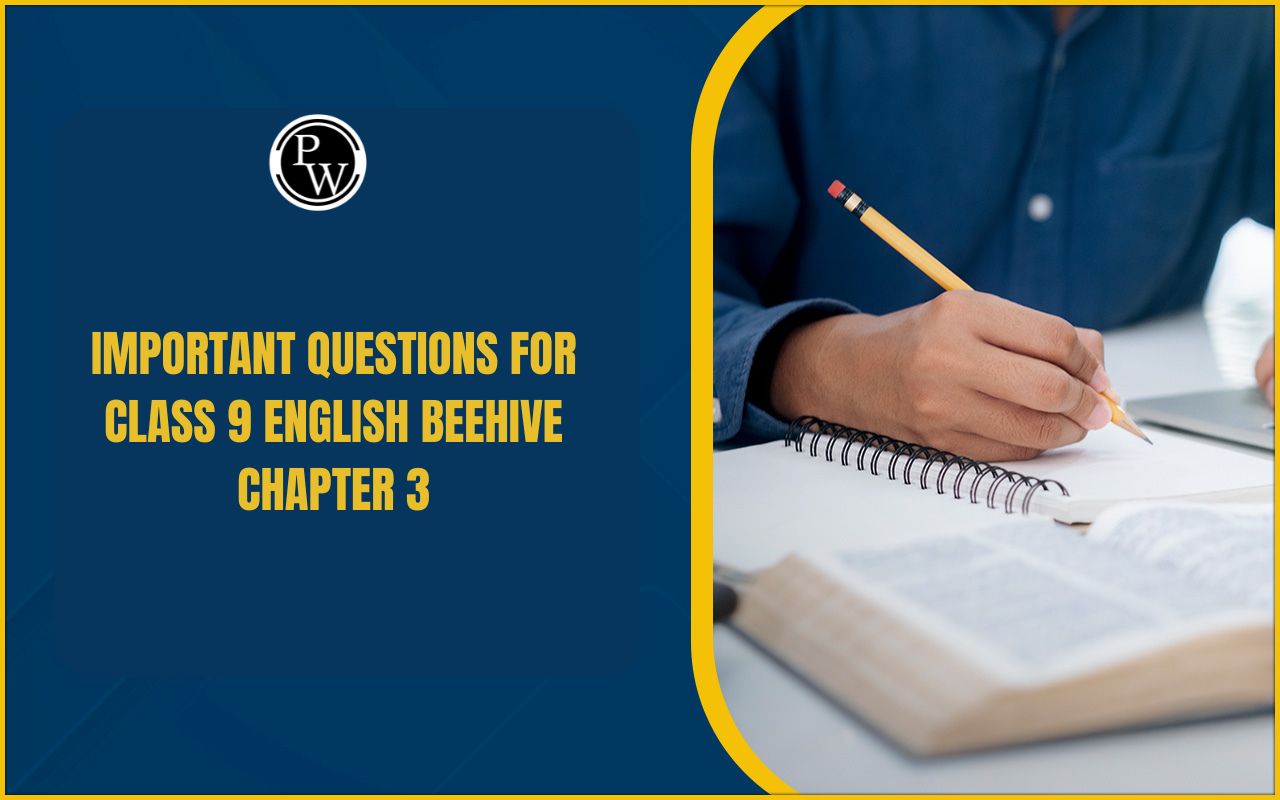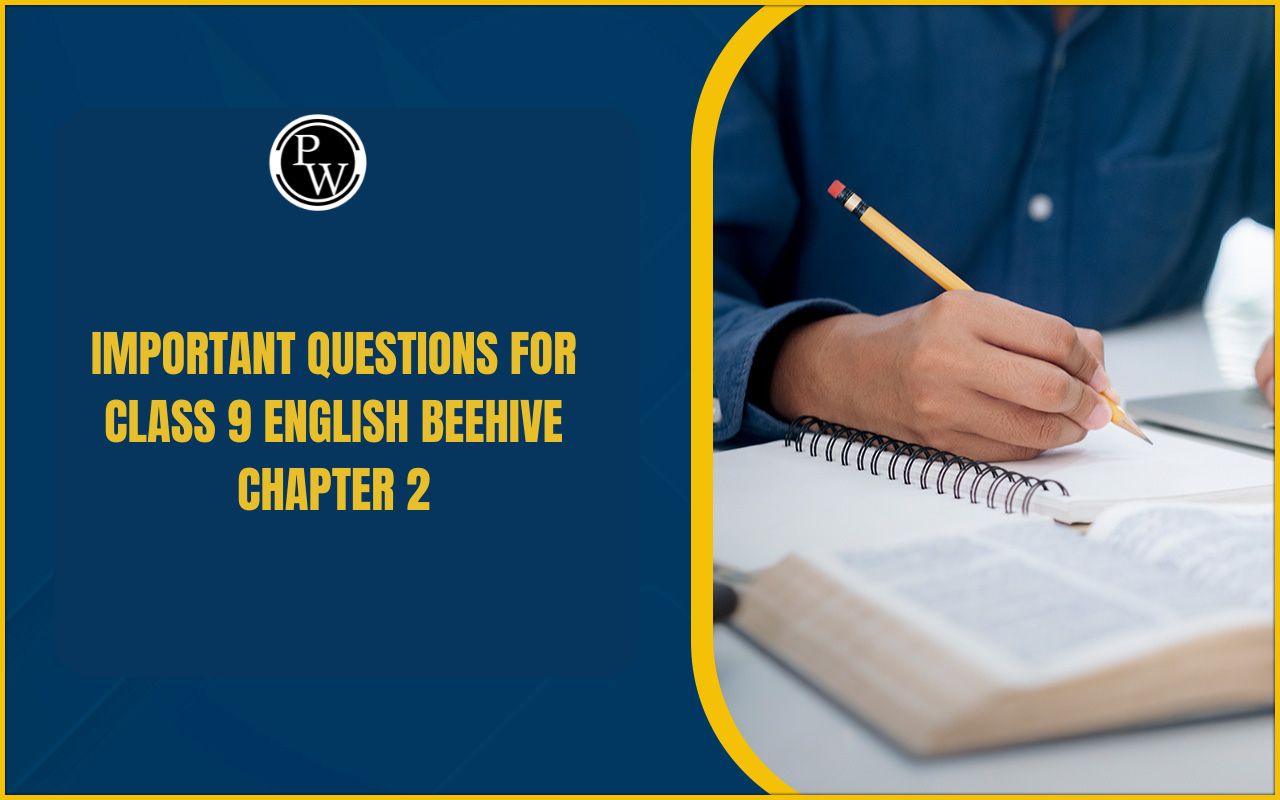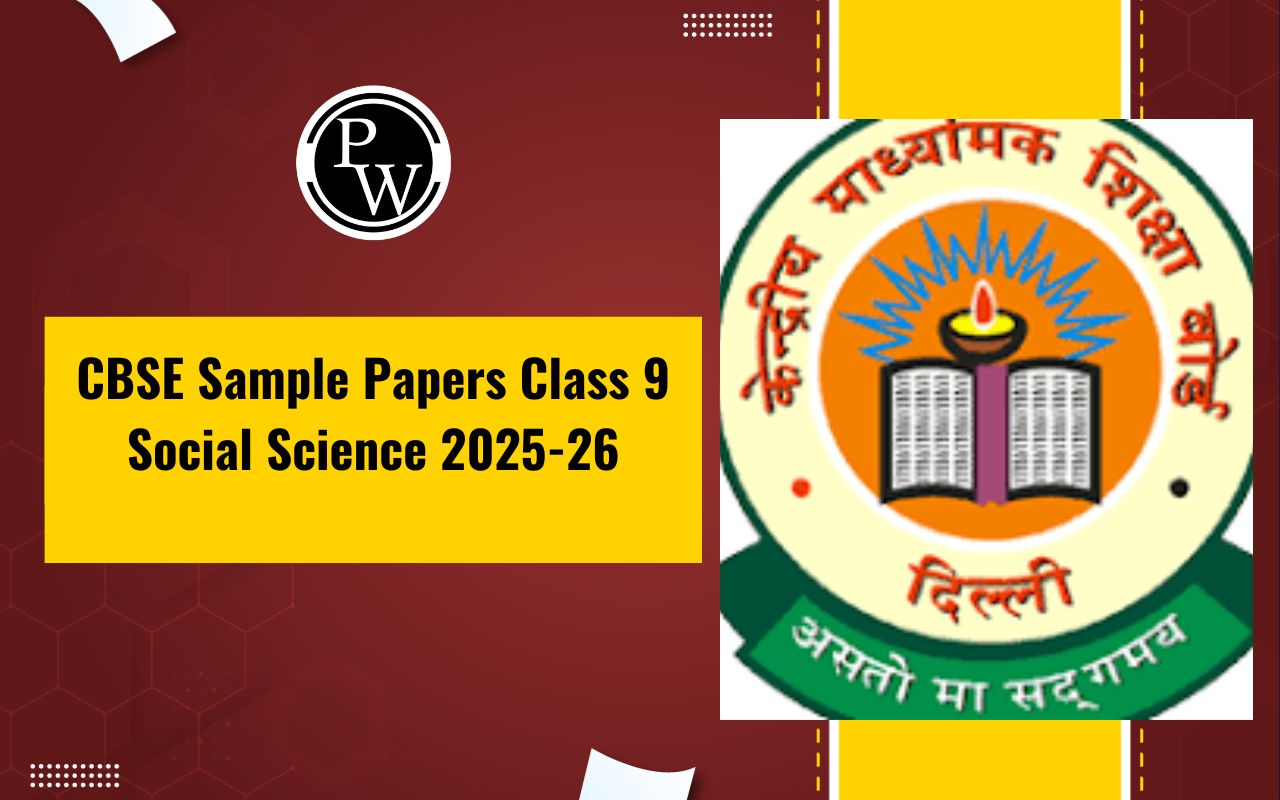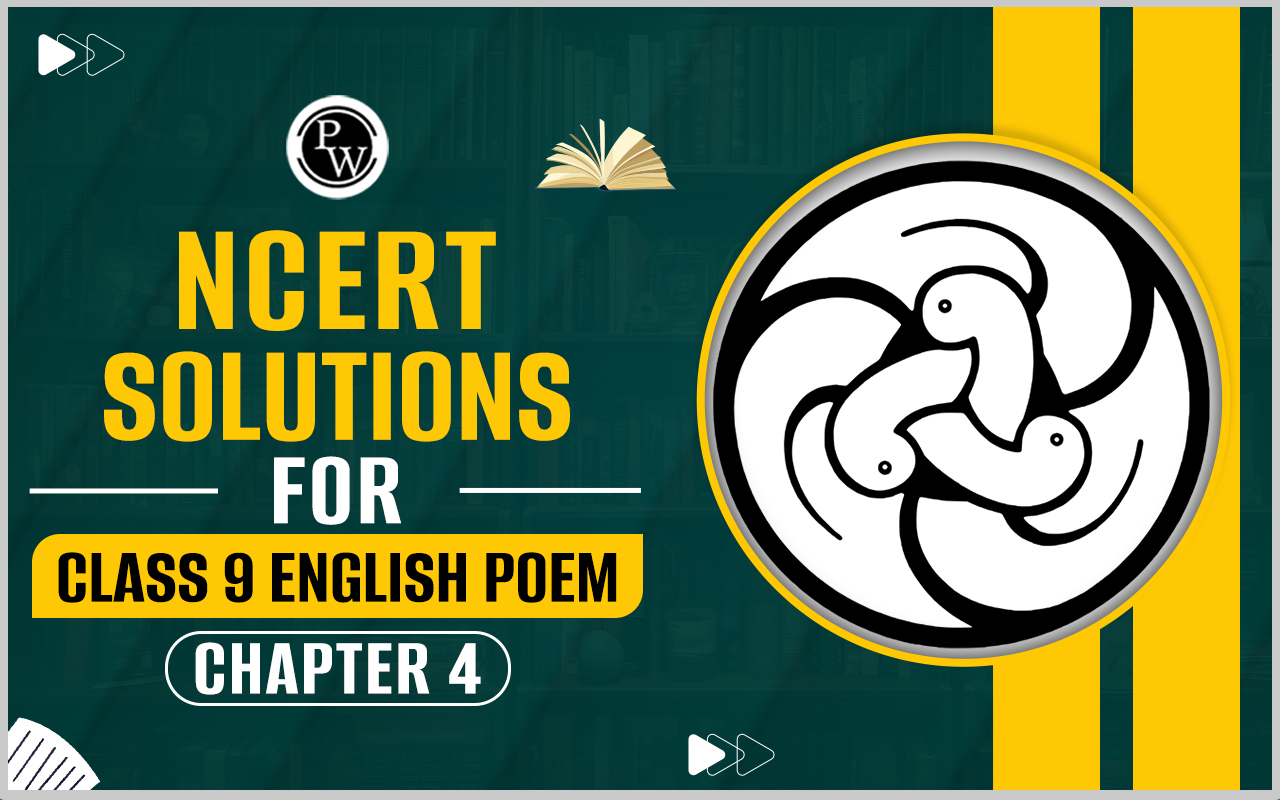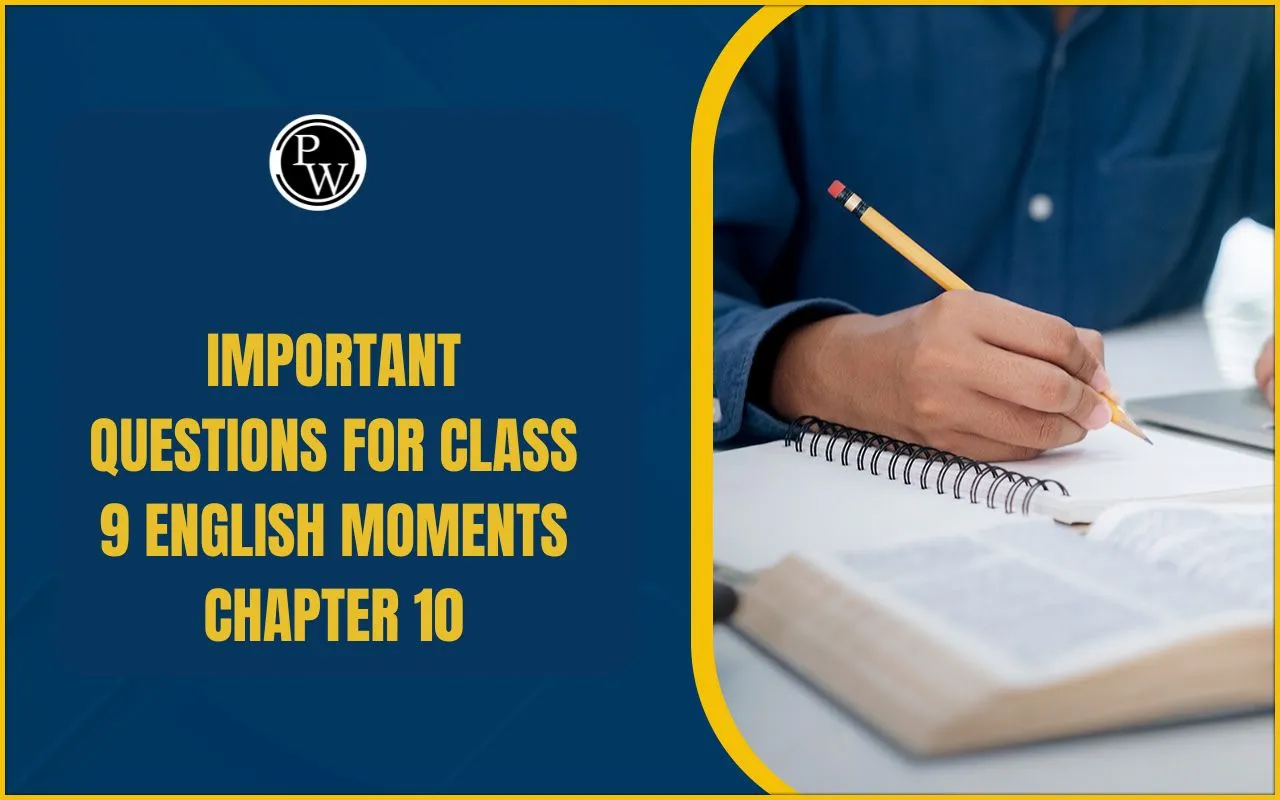
Important questions for Class 9 English Moments Chapter 10 The Beggar are prepared based on the latest CBSE syllabus to help students revise the chapter effectively. These questions cover all the key events, characters, and lessons from the story.
By practicing these beggar class 9, important questions for class 9 english, students can understand the story better, focus on important points from the CBSE Class 9 English syllabus, and improve their answer-writing skills. These questions are also useful for quick revision and help students prepare confidently for exams.
Important Questions for Class 9 English Chapter 10 The Beggar
Class 9 English Moments Chapter 10 The Beggar is a story that highlights the importance of compassion, kindness, and understanding towards the less fortunate. It tells the tale of a poor beggar and the experiences he goes through, teaching valuable lessons about empathy and human values.
Studying this chapter helps students grasp the main events, characters, and moral lessons. Practicing important questions for class 9 English based on this chapter ensures that students focus on key points from the syllabus and prepare effectively for exams.
The Beggar Class 9 English Important Questions Answers
Below are the questions and answers for The Beggar Class 9th. These questions are useful for quick revision and exam preparation.
1. Give a character sketch of Sergei.
Ans. Sergei was in his forties. He was an advocate of repute. A very nice and helpful person, he was always willing to assist the needy. He had a fantastic memory. He could quickly recognise someone he’d seen before. Lushkoff was recognised twice by him. He was also very arrogant. He was always eager to take credit for any noble work he had accomplished.
He assisted Lushkoff in finding work. He kept telling him to work hard and not to drink. He was never a fan of Lushkoff. In this sense, he was extremely selfish, but his selfishness was for the benefit of others. He assisted Lushkoff in becoming a successful, respectable, and well-off individual. His words were sharp, but they served as medicine for Lushkoff.
2. What was the first work assigned to Lushkoff? What value did Sergei want to teach him?
Ans. Sergei agreed to provide some work to Lushkoff, the beggar. Sergei took on the responsibility of finding him work. He assigned him his first assignment. It was to chop wood. The beggar reluctantly accepted the job. Sergei requested that his cook, Olga, accompany him to the woodshed and allow him to chop the wood.
However, due to his poor health, he was unable to complete the task. However, Olga informed Sergei that Lushkoff had finished the job. Sergei requested that Olga give Lushkoff half a rouble. Sergei wished to instill in Lushkoff the value of labor dignity. He desired that he be paid for his work in a dignified manner. Olga recognised his inability to work and assisted him.
3. What change did Sergei notice in Lushkoff when he met him after two years? How did Olga help him? According to you, what changed him? Do you think the positivity of Olga helped him?
Ans. After two years, Sergei noticed Lushkoff standing next to him at a theater ticket window, dressed nicely and wearing a cap. Lushkoff was a notary at the time, earning 35 roubles per month. He expressed gratitude to Sergei for his current position. Olga had saved him, he revealed. She scolded and abused him, but she also suffered and cried for him. Olga was the one who chopped wood for him.
A shift had occurred in his heart as a result of her words and noble actions. She corrected him and forced him to change his profession and live a more dignified life. Yes, Olga’s compassion, motivation, sympathy, and understanding of the value of hard work aided Lushkoff. Now he was living a dignified life. Positivity of Olga, her patience and cooperation transformed a beggar into a dignified, successful professional.
4. Write a brief character-sketch of Olga.
Ans. Sergei’s maidservant was Olga. She stared at the beggar, but she had a kind heart. She chastised Lushkoff, yet she felt sorry for him because he was weak and hungry. Sergei hired Lushkoff to chop wood, but since he was weak, Olga did it for him. Lushkoff was deeply moved by Olga’s kindness. He stopped drinking and became more dedicated to his work. As a result, Olga’s kindness saved Lushkoff’s life.
5. How did Sergei recognize the beggar? Ans. Sergei turned to face the beggar. His face appeared to be familiar. He attempted to recall where he had seen him. His gaze was drawn to the beggar’s shoes. One shoe was too high, while the other was too low. He knew exactly where he had seen the beggar before. He had noticed the beggar on Sadovaya Street. 6. Where did Sergei send Lushkoff? What advice did he give him?
Ans. Sergei discovered that Lushkoff was unfit for physical labor. He decided to give him a simpler and cleaner job. He assigned him to an office where he would copy documents. He advised him to work hard and refrain from drinking.
7. The beggar was a liar. What two lies did he tell Sergei?
Ans. When the beggar first met Sergei, he told him he was a student who had been expelled from college. When he saw Sergei for the second time, he told him that he had been offered a job in Kaluga but that he didn’t have enough money to get there.
8. Read the following extract and answer the questions that follow:
“Thank you for your kind words and deeds. I am very grateful to you and to your cook. God bless that good and noble woman! You spoke finely then, and I shall be indebted to you to my dying day; but, strictly speaking, it was your cook, Olga, who saved me.” I. Who is “I”? Whom is he talking to and where?
Ans.“I” here is the reformed Lushkoff and he is talking to advocate Sergei, his former employer and mentor. Both of them were at the ticket window of the theater at the time of this conversation.
II. Why will the speaker be indebted to the listener?
Ans. Lushkoff shall be indebted forever to Sergei because the latter had spoken finely to him when he was passing through a rough phase of life as a beggar.
III. How had Olga saved the speaker?
Ans. Olga, the cook, had saved Lushkoff by her words and her noble deeds. She would grow sad at his plight and reprimand him for his waywardness, but cut wood on his behalf, suffer misery and shed tears for his sake. IV. What opinion do you form from this statement?
9. During their conversation, Lushkoff reveals that Sergei’s cook, Olga, is responsible for the positive change in him. How has Olga saved Lushkoff?
Ans. Olga, Sergei’s seemingly irritable cook, had been the driving force behind Lushkoff’s positive transformation. She saved him by reawakening his suppressed positivity as a result of his alcoholism. She scolded him, cursed him, but she also cried for him and suffered for his sake. Outwardly, she despised Lushkoff, but she went out of her way to assist him in reforming himself. By keeping the truth about the odd jobs assigned to Lushkoff hidden, she risked her master’s wrath. She showed him genuine humane affection as well as pity and concern. Her affection is demonstrated by the fact that she chopped wood for him in order for him to earn money to feed himself and stay alive. Olga’s sincere and selfless efforts are ultimately what give Lushk off to a new life. Lushkoff remembers her fondly for her kind words and noble deeds.
10. Sergei’s sympathy was as important as Olga’s noble deeds that reformed Lushkoff. Discuss.
Ans. Lushkoff attributed his reformation to Olga, but it is true that Sergei’s sympathy for him was also significant. The beggar’s life would have ended in disaster if Sergei had not taken the initiative to assign work to Lushkoff and instead handed him over to the police. Sergei, like Olga, went out of his way to help the destitute beggar by assigning him odd jobs and paying him in exchange.
Sergei was under no obligation to spend money on a beggar in this manner, but it was because of his concern for Lushkoff that he made genuine efforts to reform him. Sergei also arranged for Lushkoff to work as a ‘cleaner’ as a copier by sending him to a friend with a letter of recommendation. Sergei brought Lushkoff to Olga once more. Olga would not have been able to assist him if this had not been done. As a result, Sergei’s contribution to Lushkoff’s reformation was just as significant as Olga’s.
11. Bad habits ruin a person. Lushkoff turned to begging because of his drinking habit. How does this habit ruin him? What lesson do you learn from his life?
Ans. Lushkoff was in his forties. He was a squatter. He used to beg in a formal way. He once pretended to be a teacher. He presented himself as a student the next time. He was, in fact, a member of a Russian choir. He was expelled for being inebriated. He was a man ruined by his drinking, which drove him to beg.
His drinking habit rendered him physically and mentally unfit. He was so weak that he couldn’t do any of the jobs that Olga or Sergei offered him. He had to give up his self-respect. He had to be embarrassed by his habits. He was forced to beg. Bad habits initially may give pleasure, which is temporary but they bring disrepute, humiliation and ruin to a person in the long run.
12. Consider the role of empathy and compassion in the story. How do the acts of kindness from Skvortsov and his cook contribute to Lushkov's transformation? Do these acts suggest a broader moral about the power of kindness?
Ans. Empathy and compassion are pivotal in "The Beggar," acting as catalysts for Lushkov's transformation. Skvortsov’s and his cook's acts of kindness—offering Lushkov work, and later, supporting him even when he fails initially— demonstrate the potential for kindness to ignite change in individuals. Chekhov posits that empathy and compassion can break through societal and personal barriers, fostering growth and redemption.
The Beggar Important Questions Class 9 English PDF Download
Students can download the PDF of Important Questions for Class 9 English Moments Chapter 10 The Beggar from below. This PDF contains all the key questions covering the main events, characters, and lessons of the chapter.
By practicing these questions, students can revise the chapter effectively, understand important points from the syllabus, and prepare confidently for exams. The PDF is a helpful guide for quick revision and exam preparation.
Important Questions for Class 9 English Moments Chapter 10
Study without using the internet
Benefits of Using Important Questions for Class 9 English Moments Chapter 10
Here are the Benefits of Using Important Questions for Class 9 English Moments Chapter 10 The Beggar.
-
Using important questions for Class 9 English Moments Chapter 10 The Beggar helps students understand the main events, characters, and lessons of the story.
-
These questions cover all key aspects, including the beggar’s struggles, experiences, and the moral lessons about compassion and kindness.
-
Practicing these questions improves time management, answer-writing skills, and overall performance in exams. They also help students identify weak areas and correct mistakes before the final exam.
-
When used along with NCERT solutions, class notes, CBSE Class 9 sample papers, and previous year questions (PYQs), students can strengthen their preparation effectively.
-
These important questions assist in revising the key points of the chapter efficiently and build confidence for exams.
Important Questions for Class 9 English Moments Chapter 10 FAQs
What are Important Questions for Class 9 English Moments Chapter 10 The Beggar?
How do these Important Questions for Class 9 English Moments Chapter 10 The Beggar help students?
Can these Important Questions for Class 9 English Moments Chapter 10 The Beggar be used with other study materials?
Where can students download the PDF of these Important Questions for Class 9 English Moments Chapter 10 The Beggar?
Why is it important to practice these questions?

